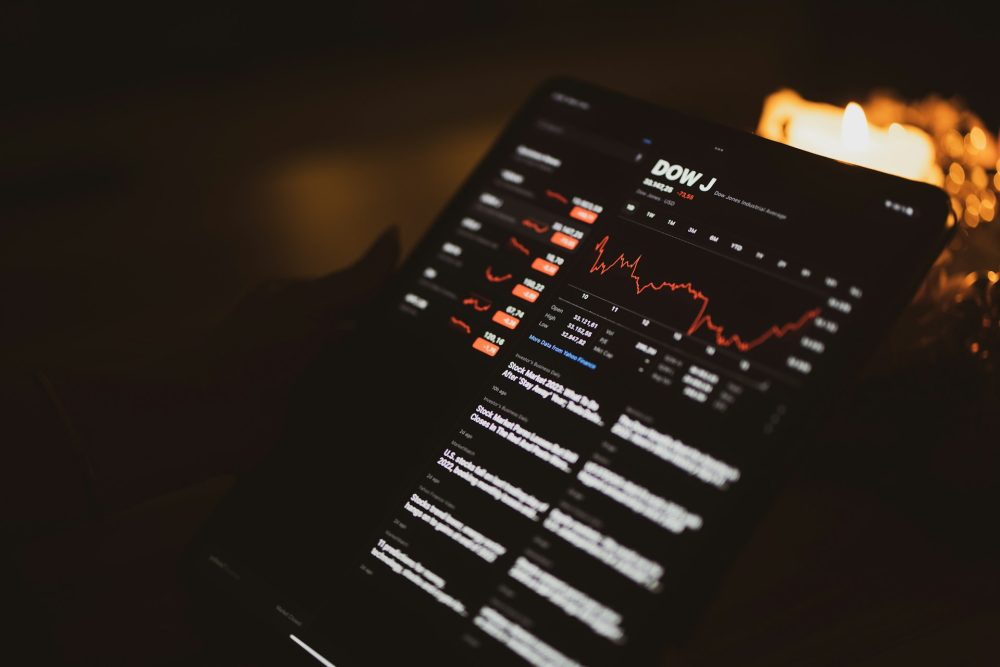Crypto
Cambodia wants to end its dependency on the U.S. dollar
The Chairman of the Board of the Central Bank of Cambodia is sure that the transition to calculations in stable coins, which are tied to the riels, will lead to a decrease in the role of the U.S. dollar. He also thinks that partners of Cambodia will begin to use convenient local digital currencies. Currently, 92% of all transactions of economic entities in Cambodia are conducted in U.S. dollars.

Siri Chea, Chairman of the Board of the Central Bank of Cambodia, announced that, after four years of developing a digital platform based on distributed registry technology, the country intends to fundamentally change the role of the U.S. dollar, both domestically and in relationships with its trading partners.
For free access to the latest economic headlines in the world, download our companion app. Born2Invest mobile app makes it easy for you to keep informed, to intuitively move from story to story, and from section to section. Our clean design lets you read articles without clutter, and use the app with no limits on how many articles you can view.
92% of all transactions in Cambodia are conducted in U.S. dollars
The fact is that despite a stable exchange rate of the national currency, real estate, positive GDP dynamics, and low price growth, most of the financial system, both domestically and internationally, is tied to transactions in U.S. dollars. 92% of all transactions of economic entities in Cambodia are conducted in this currency.
Chea is sure that the transition to calculations in stablecoins, which are tied to the riels, will lead to a decrease in the role of the U.S. dollar. He also thinks that partners of Cambodia will begin to use convenient local digital currencies on the blockchain.
Malaysia, in particular, employs more than 30,000 Cambodian citizens, which means that they will be transferring funds home in stacks, thus saving on commissions, which can now reach 30% of the transfer amount. Taking into account the fact that $100 is about 400,000 riels, the regulator decided not to resort to denomination, but to facilitate the circulation of local currency to encourage its use on the blockchain platform.
The European Union might also launch its own stable coin
The European Union is also thinking about launching its own euro-based stable coin. If we look at the experience of Cambodia and remember that Brussels is dissatisfied with the fact that it settles accounts with trading partners largely in U.S. dollars, rather than the euro, the launch of such a common European currency is only a matter of time. So what prevents the EU from accelerating? As one of the members of the Executive Committee of the European Central Bank (ECB), Yves Merch, stated: “We want to be prepared to move very quickly to a political decision [on the launch of the digital euro], if necessary.”
The TON blockchain project and Gram tokens closed without going out into public space
The U.S. dollar is becoming increasingly competitive, given that China and Sweden are actively working on their stable coin projects. For the U.S. currency, private projects, such as Gram tokens, could pose significant risks of losing its dominant position in the world. However, as the managing partner of Pantera Capital, Dr. Stephen Waterhouse stated: “The U.S. government will not allow some independent startups to create a ‘challenge’ to the U.S. dollar.”
And that’s why, through the New York court, the federal department of the SEC, which is responsible for the circulation of securities, forced Pavel Durov on May 12th to announce that the TON blockchain project and Gram tokens closed without going out into public space.
__
(Featured image by thaipham via Pixabay)
DISCLAIMER: This article was written by a third party contributor and does not reflect the opinion of Born2Invest, its management, staff or its associates. Please review our disclaimer for more information.
This article may include forward-looking statements. These forward-looking statements generally are identified by the words “believe,” “project,” “estimate,” “become,” “plan,” “will,” and similar expressions. These forward-looking statements involve known and unknown risks as well as uncertainties, including those discussed in the following cautionary statements and elsewhere in this article and on this site. Although the Company may believe that its expectations are based on reasonable assumptions, the actual results that the Company may achieve may differ materially from any forward-looking statements, which reflect the opinions of the management of the Company only as of the date hereof. Additionally, please make sure to read these important disclosures.
First published in CLICK CHAIN, a third-party contributor translated and adapted the article from the original. In case of discrepancy, the original will prevail.
Although we made reasonable efforts to provide accurate translations, some parts may be incorrect. Born2Invest assumes no responsibility for errors, omissions or ambiguities in the translations provided on this website. Any person or entity relying on translated content does so at their own risk. Born2Invest is not responsible for losses caused by such reliance on the accuracy or reliability of translated information. If you wish to report an error or inaccuracy in the translation, we encourage you to contact us.

-

 Business4 days ago
Business4 days agoThe Dow Jones Teeters Near All-Time High as Market Risks Mount
-

 Crowdfunding2 weeks ago
Crowdfunding2 weeks agoWorld4All, a Startup that Makes Tourism Accessible, Surpasses Minimum Goal in Its Crowdfunding Round
-

 Biotech1 day ago
Biotech1 day agoGut-Derived Molecule Identified as Early Marker and Driver of Atherosclerosis
-

 Crypto1 week ago
Crypto1 week agoThe Crypto Market Rally Signals Possible Breakout Amid Political Support and Cautious Retail Sentiment

























